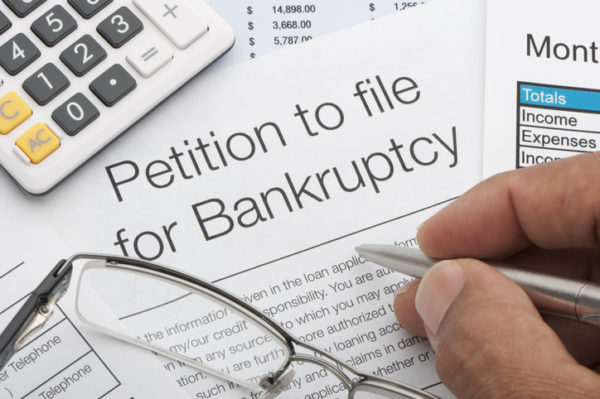
If you’re considering filing for bankruptcy in South Carolina, you likely have questions and concerns. Among the most common questions we get is how bankruptcy will affect your credit report.
One of the myths about bankruptcy that just won’t die is that filing for bankruptcy will ruin your credit forever. In our experience, bankruptcy is often the path to better credit, not worse. Here’s what you need to know about bankruptcy and your credit report.
Short answer: it depends on the type of bankruptcy
Bankruptcy itself does stay on your credit report for a long time. If you file for Chapter 7 bankruptcy, it will stay on your credit report for 10 years. Chapter 13 bankruptcy stays on your credit report for seven years.
Individual accounts that were discharged in bankruptcy and closed out likewise stay on your credit report for about seven years. That may seem like a long time, but it’s not the whole story.
If you have overwhelming debt, bankruptcy is often better for your credit than the alternative
While having a bankruptcy on your credit report for either seven or 10 years is certainly not ideal, if you are drowning in debt, then the alternative is to have high balances, missed payments, and delinquent accounts on your credit report. And as long as you have more debt than you can afford to repay, your credit score is likely to remain poor.
On the other hand, once you are able to get your debts discharged in bankruptcy, you can take positive steps toward establishing financial sustainability—and rebuilding your credit. Often, a good next step is to get a secured credit card, which allows you to establish a track record of on-time payments. Once your bankruptcy is in the rearview mirror, you may be able to qualify for other types of loans, such as auto loans or even some types of mortgages.
Even while bankruptcy remains on your credit report, you can have fair credit
In our experience, even though bankruptcy itself stays on the credit report for seven to 10 years, most of our clients see their credit scores start to improve within 12 to 18 months. In that timeframe, it’s usually possible to get into the fair credit range (580-669), which is good enough to qualify for most types of loans. Achieving good or excellent credit will likely take much longer, but if you truly need a financial reset, then bankruptcy can at least put you on the right track.
In short, while it’s reasonable to be concerned about how bankruptcy could affect your credit, you shouldn’t let that stop you from exploring your options. If you are facing overwhelming debt and are considering bankruptcy, give us a call or contact us online for a free consultation with an experienced bankruptcy lawyer.
"Ben Matthews and his staff are top-notch in their profession, always informative and showed lots of patience with my needs. I would recommend them and go to them again if needed. My mind is at ease, and I will be much better now because of them." - Barbara K.
